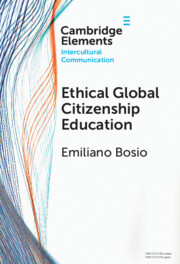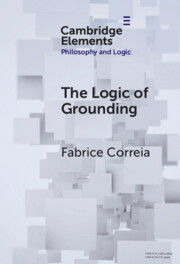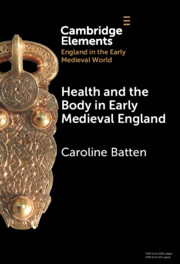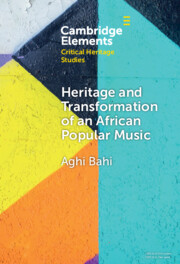Series information
Elements in AI Ethics and Society aims to provide a go-to bookshelf of exploratory works in the fast-moving new field of AI ethics and governance. The rapid development and deployment of AI is already giving rise to urgent ethical questions and societal challenges: from algorithms that threaten to know us better than we know ourselves to the large-scale automation of discrimination and marginalisation. Yet these technologies are only in their infancy and are increasing in power and impact at an unprecedented rate. This exciting new series responds to the challenge with timely and authoritative works from both established and emerging scholars. It will include studies of the ethics and social impact of AI in important sectors, such as health and defence; bring insights from particular philosophical or other methodological approaches to AI ethics and society, such as pragmatism or Confucianism; and offer explorations of key topics, from explainability to exploitation. Elements in AI Ethics and Society will include a broad range of perspectives, covering a wide selection of topics from a range of scholarly disciplines, in so doing incorporating geographic diversity while bringing together vital interventions from scholars around the world on this key topic of pressing global significance.
About the editors
Stephen Cave is Director of the Institute for Technology and Humanity and Academic Director of the Leverhulme Centre for the Future of Intelligence, both in the University of Cambridge. His research is chiefly in the philosophy and ethics of technology, with two strands. First, he writes about the ethics of AI and robotics. Second, he writes about the ethics of life-extension and the philosophy of (im)mortality. His work and publications have been covered in many hundreds of media outlets around the world, and he regularly appears on television and radio.
Kerry McInerney is a Senior Research Fellow at the Leverhulme Centre for the Future of Intelligence in the University of Cambridge, where she co-leads the Global Politics of AI project on how AI is impacting international relations. She is also a Research Fellow at the AI Now Institute in New York and was a Visiting Fellow at the Institute of Advanced Studies, UCL for 2023-2024. She is an AHRC/BBC New Generation Thinker (2023), one of the 100 Brilliant Women in AI Ethics (2022), and one of Computing’s Rising Stars 30 (2023). Her work and publications explore the intersections between race, gender, politics, and AI.
Contact the editors: elements@lcfi.cam.ac.uk
Elements in this series
-

- Element
Singing Zarzuela, 1869–1958
-
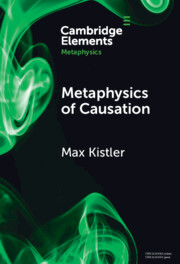
- Element
Metaphysics of Causation
-
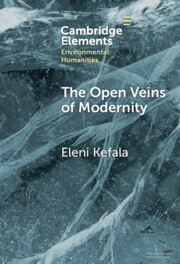
- Element
The Open Veins of Modernity

